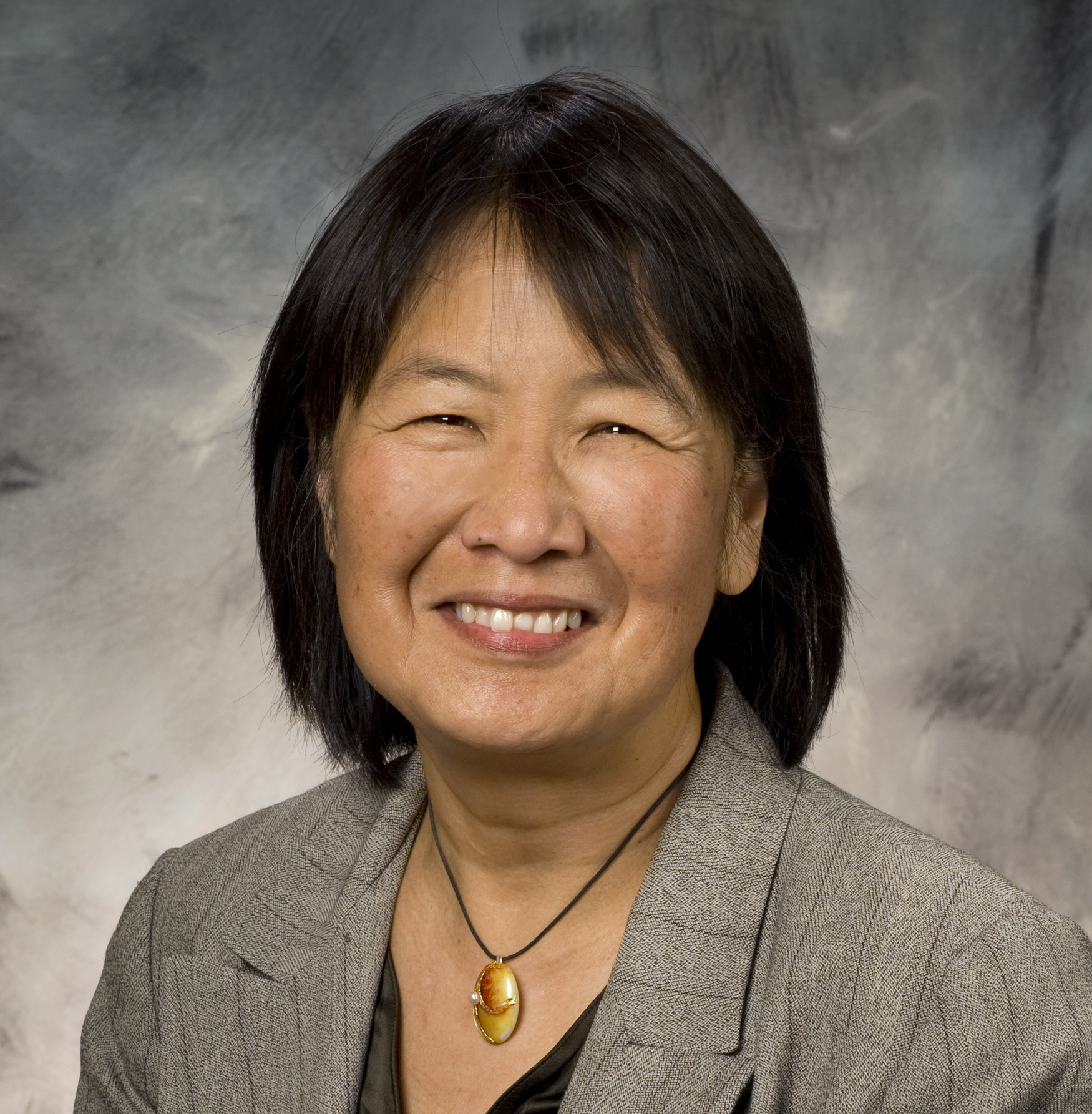
Abstract
There is often a natural assumption that “perfect form” of a material is required to produce “perfect functioning” of a device, where the function may relate to precision sensing, or the storing or transmission of information. Recently, however, there has been excitement about the performance of defects in crystalline semiconductors such as diamond and SiC. The defects are deviations from perfect, periodic crystalline order, yet can manifest optical emission at a variety of wavelengths, distinctively coupled to long spin coherence times. Thus, such defects can provide a wealth of new opportunities for compact, integrable photonic sources and also serve as promising candidates for quantum information applications. The full promise and power of such optical defects can be enhanced through their integration with high quality optical cavities which are distinctively designed and fabricated to match the defects. This talk will highlight our use of nanobeam photonic crystal cavities, fabricated from 4H-SiC, which achieved an 80-fold optical enhancement of a Si-vacancy transition with emission at about 860 nanometers. The high quality cavities can serve as exquisitely selective optical amplifiers of defects in SiC, as well as “nanoscopes” into the material, allowing us to learn about the details of their atomic environment.
Biography
Evelyn Hu is the Tarr-Coyne Professor of Applied Physics and Electrical Engineering at the John A. Paulson School of Engineering and Applied Sciences at Harvard. Prior to Harvard, she was a faculty member at UCSB, in the Departments of Materials, and of Electrical and Computer Engineering. While at UCSB, she also served as the founding Scientific co-Director of the California NanoSystems Institute, a joint initiative between UCSB and UCLA. Before joining UCSB, she worked at Bell Labs in both Holmdel and Murray Hill. She is a member of the National Academy of Sciences, the National Academy of Engineering, the American Academy of Arts and Sciences, and the Academica Sinica of Taiwan. She is a recipient of an NSF Distinguished Teaching Fellow award, an AAAS Lifetime Mentor Award, and holds honorary Doctorates from the University of Glasgow, Heriot-Watt University, Hong Kong University of Science and Technology, and the University of Notre Dame.